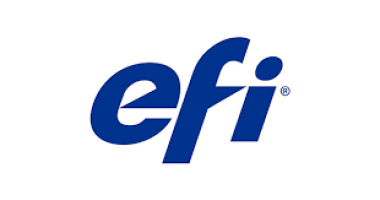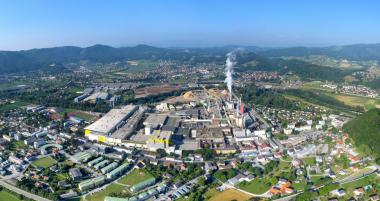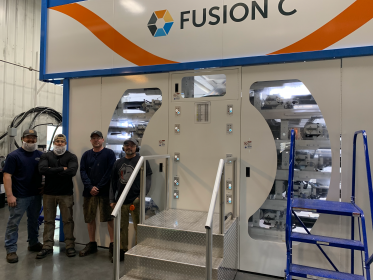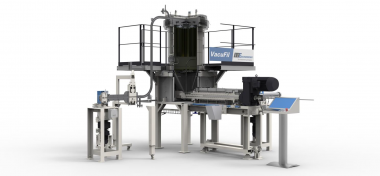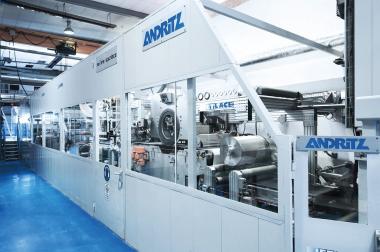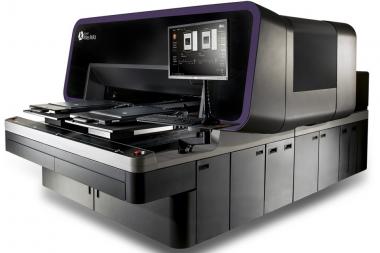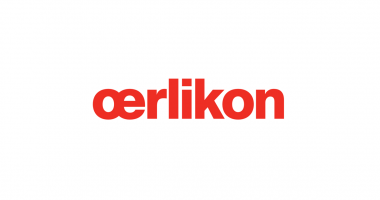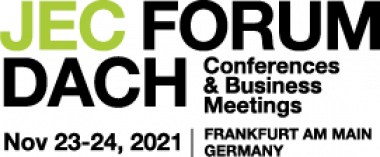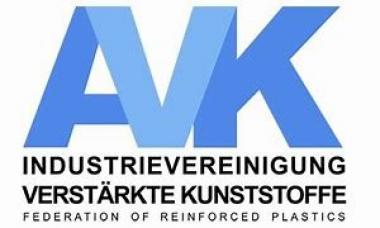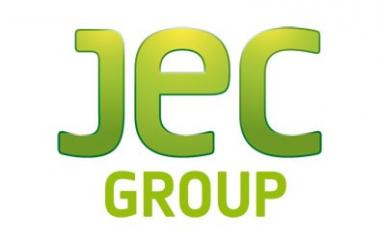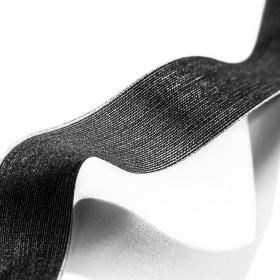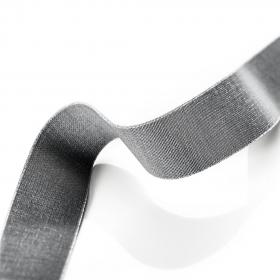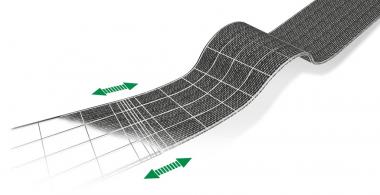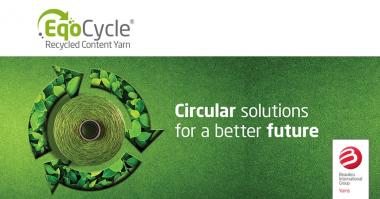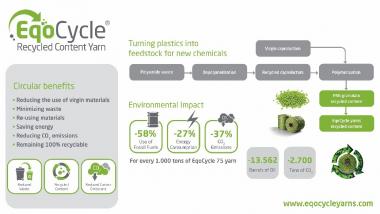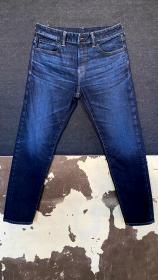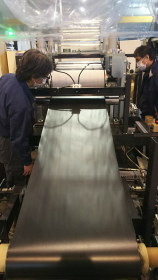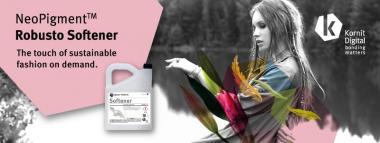Closed-loop recycling pilot project for single-use facemasks
- Fraunhofer, SABIC, and Procter & Gamble join forces
- The Fraunhofer Cluster of Excellence Circular Plastics Economy CCPE and its Institute for Environmental, Safety and Energy Technology UMSICHT have developed an advanced recycling process for used plastics.
- The pilot project with SABIC and Procter & Gamble serves to demonstrate the feasibility of closed-loop recycling for single-use facemasks.
Due to COVID-19, use of billions of disposable facemasks is raising environmental concerns especially when they are thoughtlessly discarded in public spaces, including - parks, open-air venues and beaches. Apart from the challenge of dealing with such huge volumes of essential personal healthcare items in a sustainable way, simply throwing the used masks away for disposal on landfill sites or in incineration plants represents a loss of valuable feedstock for new material.
“Recognizing the challenge, we set out to explore how used facemasks could potentially be returned into the value chain of new facemask production”, says Dr. Peter Dziezok, Director R&D Open Innovation at P&G. “But creating a true circular solution from both a sustainable and an economically feasible perspective takes partners. Therefore, we teamed up with Fraunhofer CCPE and Fraunhofer UMSICHT’s expert scientists and SABIC’s Technology & Innovation specialists to investigate potential solutions.”
As part of the pilot, P&G collected used facemasks worn by employees or given to visitors at its manufacturing and research sites in Germany. Although those masks are always disposed of responsibly, there was no ideal route in place to recycle them efficiently. To help demonstrate a potential step change in this scenario, special collection bins were set up, and the collected used masks were sent to Fraunhofer for further processing in a dedicated research pyrolysis plant.
“A single-use medical product such as a face mask has high hygiene requirements, both in terms of disposal and production. Mechanical recycling, would have not done the job”, explains Dr. Alexander Hofmann, Head of Department Recycling Management at Fraunhofer UMSICHT. “In our solution, therefore, the masks were first automatically shredded and then thermochemically converted to pyrolysis oil. Pyrolysis breaks the plastic down into molecular fragments under pressure and heat, which will also destroy any residual pollutants or pathogens, such as the Coronavirus. In this way it is possible to produce feedstock for new plastics in virgin quality that can also meet the requirements for medical products”, adds Hofmann, who is also Head of Research Department “Advanced Recycling” at Fraunhofer CCPE.
The pyrolysis oil was then sent to SABIC to be used as feedstock for the production of new PP resin. The resins were produced using the widely recognized principle of mass balance to combine the alternative feedstock with fossil-based feedstock in the production process. Mass balance is considered a crucial bridge between today’s large scale linear economy and the more sustainable circular economy of the future, which today is operated on a smaller scale but is expected to grow quickly.
“The high-quality circular PP polymer obtained in this pilot clearly demonstrates that closed-loop recycling is achievable through active collaboration of players from across the value chain”, emphasizes Mark Vester, Global Circular Economy Leader at SABIC. “The circular material is part of our TRUCIRCLE™ portfolio, aimed at preventing valuable used plastic from becoming waste and at mitigating the depletion of fossil resources.”
Finally, to close the loop, the PP polymer was supplied to P&G, where it was processed into non-woven fibers material. “This pilot project has helped us to assess if the close loop approach could work for hygienic and medical grade plastics”, says Hansjörg Reick, P&G Senior Director Open Innovation. “Of course, further work is needed but the results so far have been very encouraging.”
The entire closed loop pilot project from facemask collection to production was developed and implemented within seven months. The transferability of advanced recycling to other feedstocks and chemical products is being further researched at Fraunhofer CCPE.
Fraunhofer











